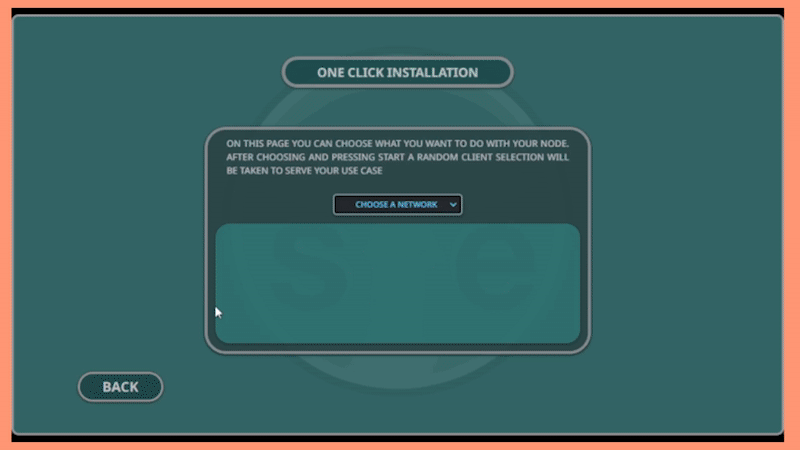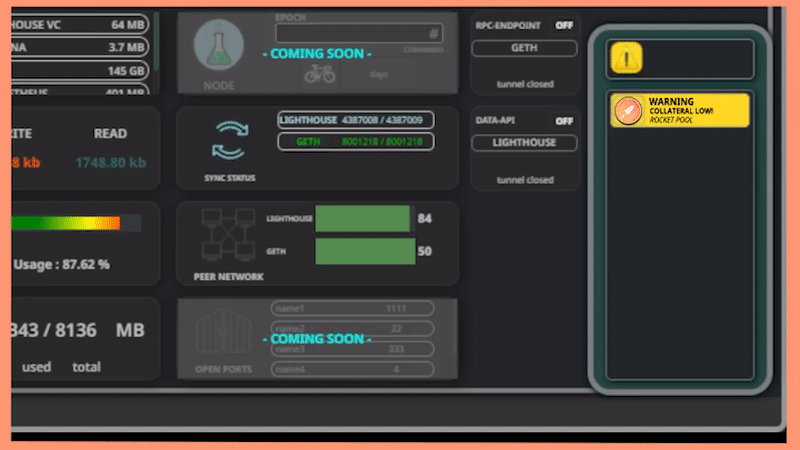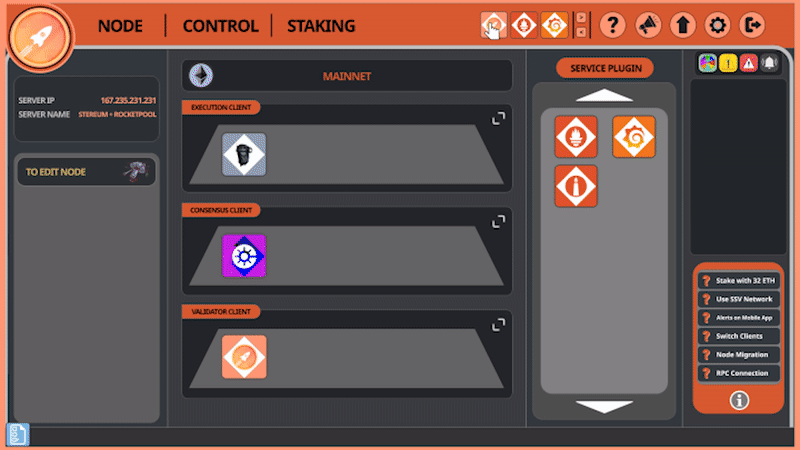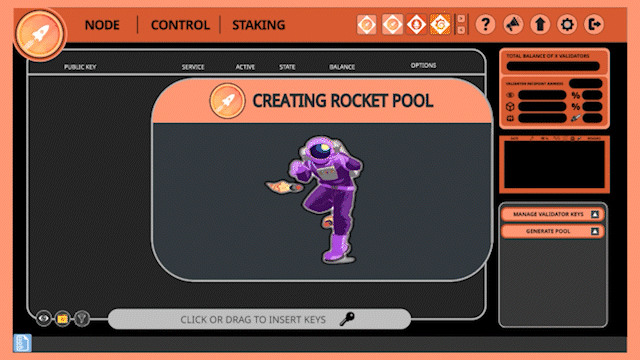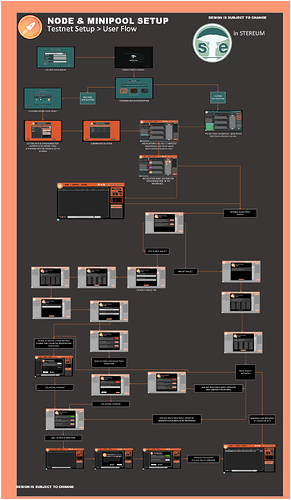This thread is for applications for Rocket Pool’s January 2023 (Round 1) grants. Please only post grant applications in this thread. If you would like to discuss and/or ask questions about any applications you see in this thread, we ask that you do so in this separate forum thread which has been established for all community discussions related to this round of applications. Only those grant applications that are posted in this thread and timestamped by January 15, 2023 at 23:59 (11:59 PM) UTC will be considered.
Please note the following differences between grants and bounties. Grants are intended to be applied for by those who are wishing to carry out the work themselves. Bounties are open-ended goals that could be met by anyone, including those other than the proposing party. In other words, if I believed that Rocket Pool needed a fifty-foot paper mache orange rocket for publicity purposes and I wanted to be the one to built it, I would apply for a grant. If I instead thought Rocket Pool needed a fifty-foot paper mache orange rocket for publicity purposes but I wanted it to be open to whoever built it first to claim the reward (similar to a prize), then I’d apply for a bounty.
Also please note that the below application was edited to turn it into a copy/paste format on January 5th. Applications submitted previously are not expected to re-submit in the new format.
To guide you in your application, the GMC has established the following goals and the following scoring rubric:
GMC Goals
Grants, bounties, and retrospective awards should make it easier and/or more attractive to do one or more of the following:
become a node operator
operate a node, mint rETH
hold or use rETH
improve the quality of life for the protocol and its community.
Grants Rubric
The Grants rubric involves scoring each of the three categories from 1 to 5:
If the application is successful, to what extent does it further the GMC goals?
To what extent can the application be feasibly carried out by the person(s) proposed to complete it?
If the application is successful, how large is the benefit to the protocol relative to the size of the proposed costs
The maximum score is 15 and the minimum is 3.
Grants Application
Please copy paste the template below into a reply. Answer the questions there, entering N/A where appropriate:
## Grants Application
## Project
### What is the work being proposed?
### Is there any related work this builds off of?
### Will the results of this project be entirely open source ([MIT](https://opensource.org/licenses/MIT), [GPL](https://www.gnu.org/licenses/gpl-3.0.en.html), [Apache](https://www.apache.org/licenses/LICENSE-2.0), [CC BY](https://creativecommons.org/licenses/by/4.0/) license or similar)? If not, which parts will not be, why, and under what license will they be published?
## Benefits - enter N/A where appropriate
### How does this help people looking to stake ETH for rETH?
### How does this help rETH holders?
### How does this help people looking to run a Rocket Pool node for the first time?
### How does this help people already running a Rocket Pool node?
### How does this help the Rocket Pool community?
### How does this help RPL holders?
### What other non-RPL protocols, DAOs, projects, or individuals, would stand to benefit from this grant?
### Will the resulting project be open source?
## Team
### Who is doing the work?
### What is the background of the person(s) doing the work? What experience do they have with such projects in the past?
### What is the breakdown of the proposed work, in terms of milestones and/or deadlines?
### How is the work being tested? Is testing included in the schedule?
### How will the work be maintained after delivery?
## Payment and Verification
### What is the acceptance criteria?
### What is the proposed payment schedule for the grant? How much RPL and over what period of time is the applicant requesting?
### How will the GMC verify that the work’s deliveries match the proposed cadence?
### What alternatives or options have been considered in order to save costs for the proposed project?
## Conflict of Interest
### Does the person or persons proposing the grant have any conflicts of interest to disclose? (Please disclose here if you are a member of the GMC or if any member of the GMC would benefit directly financially from the grant).
### Will the recipient of the grant, or any protocol or project in which the recipient has a vested interest (other than Rocket Pool), benefit financially if the grant is successful?```